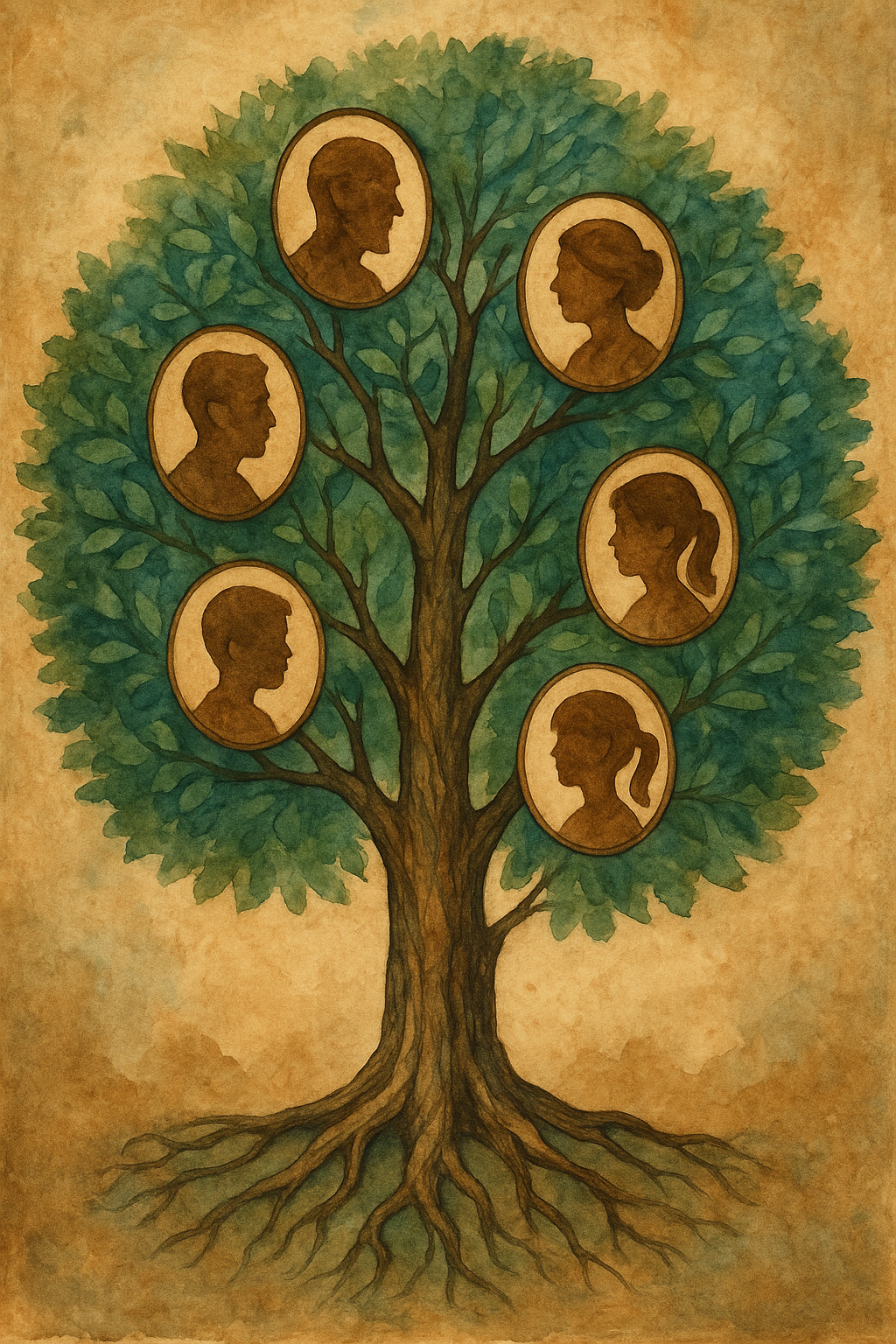Generational trauma is a concept that reveals how psychological and emotional wounds are passed down through family and cultural lines. This phenomenon is influenced by various historical, societal, and personal experiences. Understanding generational trauma helps us unpack the intricate relationship between memory, culture, and collective identity. In this blog, we will explore how trauma affects culture and how it perpetuates through generations.
What Is Generational Trauma?
Generational trauma, also known as intergenerational trauma, refers to the psychological effects of trauma experienced by one generation that affect subsequent generations. It can originate from various events such as war, systemic oppression, poverty, and cultural dislocation. As these traumas are not just personal but collective, they shape the memory and cultural identity of communities.
How Generational Trauma Affects Communities
Understanding the impact of generational trauma on communities is crucial. Here are some significant aspects:
* Cultural Identity: Generational trauma can create a fragmented cultural identity, as pain and suffering overshadow cultural markers.
* Interpersonal Relationships: Symptoms of trauma can manifest in family dynamics, leading to strained relationships and a breakdown of communication.
* Community Resilience: Some communities develop collective healing strategies, which help them confront their painful histories.
The Role of History and Memory
History plays a vital role in shaping collective memory. When discussing generational trauma, it’s essential to understand:
* Historical Context: The context of past events significantly influences how trauma is perceived and processed within cultures.
* Memorialization: Communities often use memorial events or rituals to acknowledge past traumas, helping individuals cope and build a unified identity.
How Is Generational Trauma Passed Down?
The transmission of generational trauma often happens in subtle yet profound ways. Here are key mechanisms:
1. Parent-Child Relationships: Parents may unconsciously pass down trauma-related behaviors and coping mechanisms, affecting their children’s emotional health.
2. Cultural Narratives: Stories of trauma become a part of cultural narratives; as they are told, they reinforce collective memory and identity.
3. Social Stigma: Stigmas associated with trauma can deter open conversations, leaving future generations to grapple with unresolved issues.
External Influences on Generational Trauma
Various factors can exacerbate the effects of generational trauma, including:
* Socioeconomic Status: Economic struggles can perpetuate cycles of trauma as families do not have resources for healing.
* Cultural Dislocation: Displacement affects individuals’ sense of belonging and community, intensifying the impact of generational trauma.
Cultural Healing Strategies
To combat the effects of generational trauma, various cultural healing strategies have emerged. These include:
* Community Outreach Programs: Engage with therapy and support services focused on collective healing.
* Art Therapy: Encourage creative expression as a means to process trauma.
* Cultural Revitalization: Resurrecting traditions can empower communities and mend cultural identity.
Statistics on Generational Trauma Impacts
Research indicates that communities with historical traumas tend to have higher rates of:
* Mental Health Issues: Studies show a significant correlation between generational trauma and anxiety disorders among youth.
* Substance Abuse: Historical grievances may lead to higher instances of substance reliance as a coping mechanism.
Get deeper insights into this impact according to recent studies.
Conclusion
Understanding generational trauma is essential in addressing its long-lasting effects on culture and identity. By recognizing how trauma influences collective memory, we can create paths towards healing. If you are looking to explore more about trauma-informed care and cultural strategies, visit the Government Research Database and check out their resources.
Take charge of your healing journey and explore strategies to combat generational trauma in your community. Connect with local programs that can provide support and guidance.
